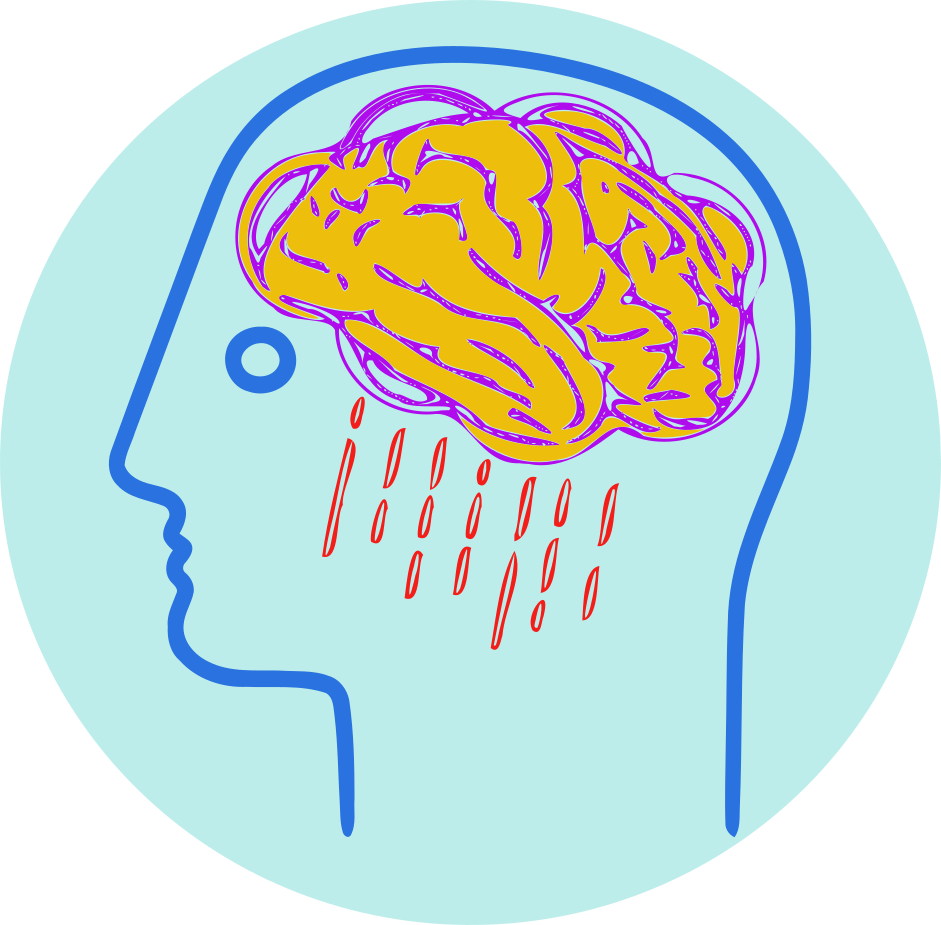| Name | Withdrawal Syndrome |

Withdrawal Syndrome
What is Withdrawal Syndrome?
Withdrawal syndrome is a special combination of physical and mental conditions that a person experiences due to stopping or reducing the use of alcohol, prescription or recreational drugs.
If you become addicted to a drug for a long time and suddenly or abruptly stop taking it or reduce it a lot, you may experience symptoms of withdrawal syndrome.
The severity and duration of the symptoms of this withdrawal syndrome vary depending on the type of medication and your biological composition.
Symptoms of Withdrawal Syndrome
Symptoms of Withdrawal Syndrome vary depending on the type of medication you are taking. However, more or less the following symptoms are associated with withdrawal syndrome:
- Changes in appetite
- Mood swings
- Nose off
- Feeling tired
- Feeling annoyed
- Muscle pain
- Feeling sick
- Irritable mood
- Difficulty in sleeping
- Sweating
- Tremor in the body
- Vomiting
In some cases, more serious symptoms, such as hallucinations, seizures, and delirium, may occur. The type of medication you take, how long you take it, and the dose you take can all affect the type and severity of your symptoms.
Although the physical symptoms of withdrawal syndrome can last only a few days or a week, the symptoms of mental withdrawal syndrome, such as depression or dysphoria, can last for many days.
Causes of Withdrawal Syndrome
The body and the brain work to maintain the balance (homeostasis) of our body. Taking any medicine changes that balance in your body, so your body needs to take steps to adjust to changes in the levels of certain neurotransmitters. When you take a medicine regularly for some time, your body can build tolerance and dependence on that medicine.
Tolerance means that you need to take a higher dose of medication to get the same effect that you were getting with a lower dose earlier as your body become used to it. Dependence means you are dependent on the medication to tackle the withdrawal syndrome.
If you suddenly stop taking this medicine or reduce it, your body will lose its balance again and there may be symptoms of withdrawal syndrome. Such symptoms can often be potentially dangerous depending on the physical, mental and type of medication. Symptoms of withdrawal syndrome often reverse the effects of medication. For example, many people think that alcohol consumption relieves depression, so if you suddenly stop drinking alcohol, you may experience additional stimuli such as anxiety or restlessness.
Types of withdrawal syndrome
The specific withdrawal symptoms you experience depend on the medication you are taking. A variety of medications can cause withdrawal syndrome, including the following:
- Antidepressants
- Barbiturates
- Cannabis
- Depressants
- Hallucinogens
- Inhalants
- Opioids
- Stimulants
The following is an example of a specific substance withdrawal syndrome:
Alcohol: Not everyone who stops drinking has symptoms of withdrawal syndrome. However, most people who quit suddenly after drinking enough alcohol for long periods of time may experience a variety of symptoms of withdrawal syndrome.
Heroin: People who are addicted to heroin experience some of the symptoms of withdrawal syndrome intensely even though it gets better in five to seven days. However, for some, post-acute withdrawal syndrome (PAWS) can last for weeks or even months.
Marijuana: Compared to alcohol and other drugs, some of the symptoms of withdrawal syndrome are milder when cannabis users try to quit.
However, some of these symptoms are so severe and unpleasant that the user may not stop using the drug but may decide to return to it.
Nicotine: Not everyone experiences the same symptoms during nicotine withdrawal.
Those who smoke know that the symptoms of nicotine withdrawal are such that it can often make it difficult for a person to quit smoking. However, it is not impossible to quit smoking if you want to control those symptoms.
Oxycodone: The severity of symptoms of oxycodone and other prescription opioid withdrawal syndromes is usually related to how long you have been taking the medication and how much you have taken.
If you take opioids on the advice of a doctor, you will not experience any symptoms of withdrawal or even if you do, it is very mild.
Adapting to Withdrawal Syndrome
In addition to seeking medical help, you can do something that can help you cope with the symptoms of withdrawal syndrome, cope and feel better, such as:
Getting help from a friend or family - Consult a doctor, family and close friends when they stop taking medications that cause withdrawal syndrome so they can check in and assist you during the procedure.
Eating nutritious food - Pay attention to eating nutritious, balanced food. Fried, fatty, or sugary foods can make you feel bad.
Exercise regularly - Try to do some physical exercise every day. Stretching, walking, swimming or other activities can help to improve your mood.
Drinking plenty of water - It is important to stay hydrated at this time. Especially if you have flu-like symptoms such as nausea and vomiting.
Taking OTC Medications - Relieve symptoms with over-the-counter (OTC) medications. If you experience symptoms such as headache, upset stomach or diarrhea, take appropriate OTC medication.
Adequate sleep - Withdrawal syndrome can cause sleep problems. In that case, try to get enough rest. Create a regular sleep schedule and practise good sleep habits.
Withdrawal syndrome can be unpleasant and potentially dangerous in some cases. For this reason, you should always consult a doctor before stopping or reducing the use of your medication.

 Bangla
Bangla English
English